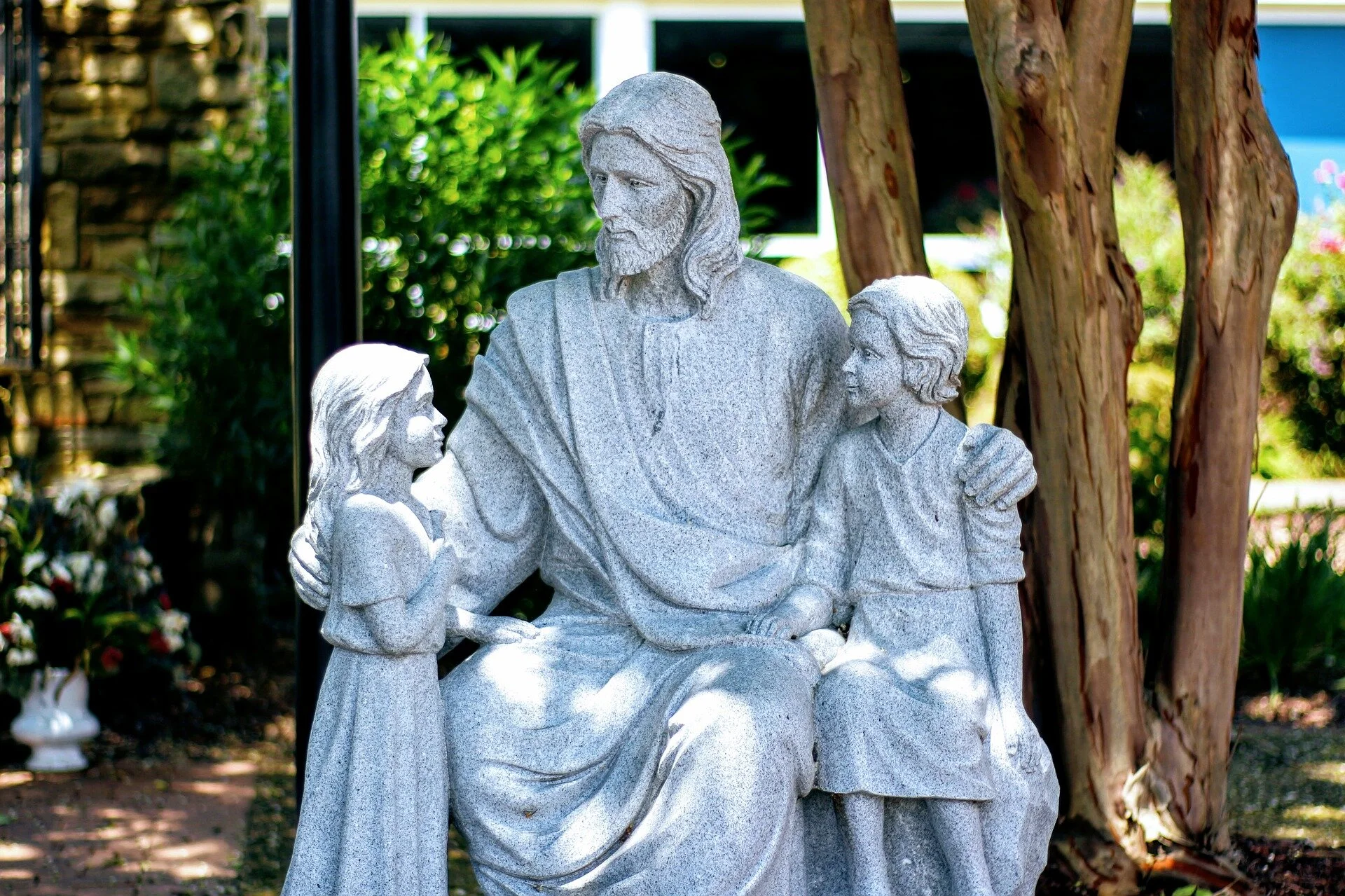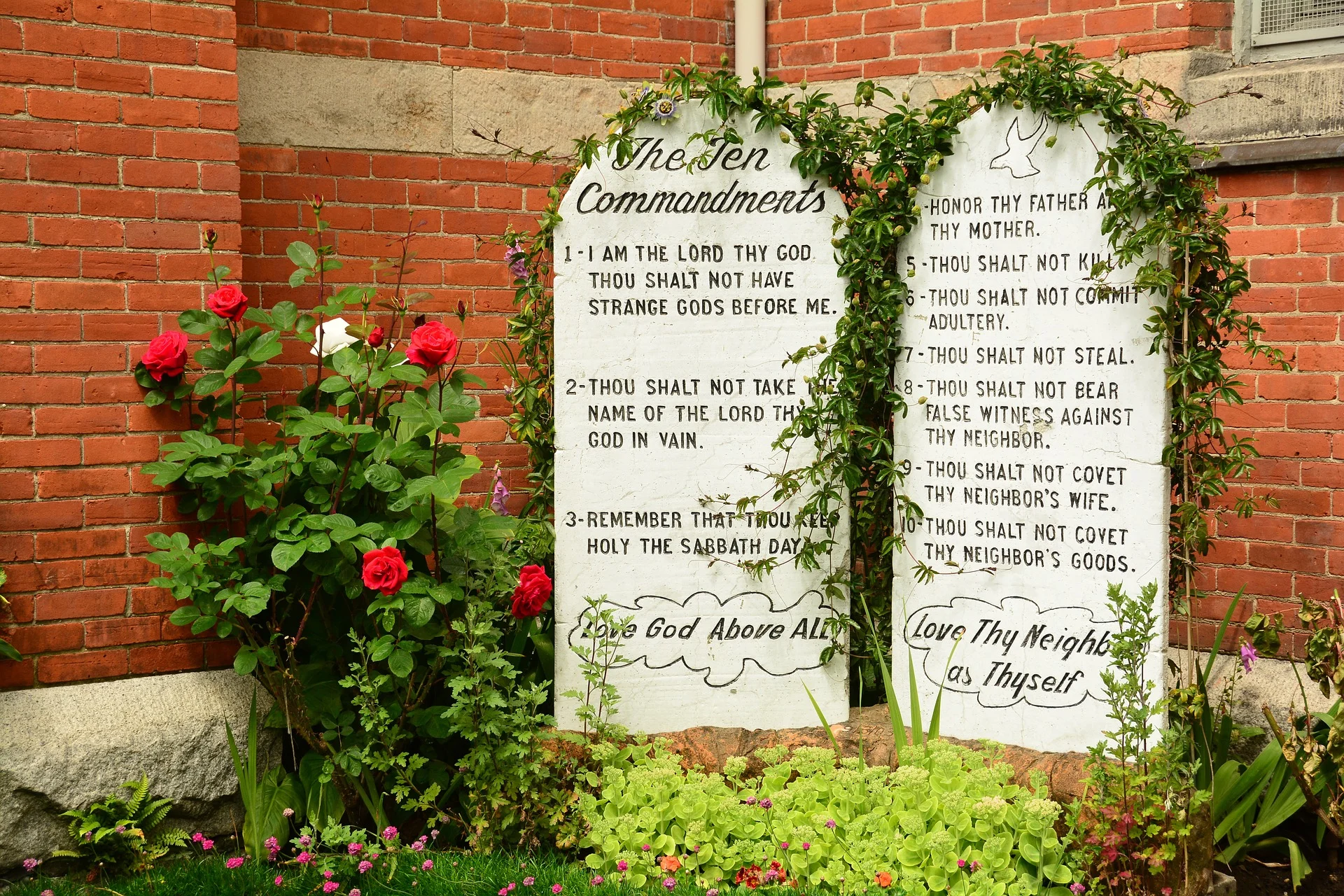Be Encouraged! Remembering Jesus.
During this time of unrest, pandemic chaos and general fear I have been trying to focus on encouragement. We all need encouragement in difficulty and this is no exception. We do not know what each day will hold, whether it be the boredom of the same old routine and not being able to travel, visit or just enjoy those things in life that involve being around other people, or it may be the fear of having to go to your job as a server, retail worker, or essential worker. We do not know when we might get into a volatile situation arising from misunderstanding or the tensions of racial disparity and lack of options for communicating clearly and with kindness. Whatever, you are facing today, I hope this post will bring you back to center and remind you why you can be encouraged.
Image by Silviu Costin Iancu from Pixabay
Last week I did a post called, Be Encouraged! Remembering God. If you haven’t read that post just click on the link. I looked at four reasons we can be encouraged by remembering who God is. This week I would like to look at who Jesus is and why these characteristics can be a source of encouragement.
Jesus is fully man.
Image by ariyandhamma from Pixabay
Why would the fact that Jesus was a man be an encouragement to us? His humanity proves He is completely able to understand our humanity. Think about what it took for Jesus, who is equal with God, to become a man. It would be like you or I decided to become an ant. Becoming a man took Jesus from the realm of heaven where He is an all powerful being, God’s only Son, to a realm where He was confined and felt hunger, fatigue, pain and even sadness and fear. Obviously, Jesus was still fully God and how the two of these things worked together is a mystery, but they did. Jesus gets you!
“And the Word became flesh, and dwelt among us, and we saw His glory, glory as of the only begotten from the Father, full of grace and truth.”
“For there is one God, and there is one mediator between God and men, the man Christ Jesus,”
“but emptied himself, by taking the form of a servant, being born in the likeness of men.”
“For we do not have a high priest who is unable to sympathize with our weaknesses, but one who in every respect has been tempted as we are, yet without sin.”
I love the photo above. I think this statue of Jesus with the children, really shows His engagement as a fully human individual. He is on their level, talking to them and acknowledging their value and worth. Just think what a better world we would be living in, if we all engaged with each other in this way.
Jesus is fully God.
Image by Karin Henseler from Pixabay
This is an encouragement to me, because all that Christ did as man would be nullified, if he wasn’t also, fully God. Being God, He was there at the beginning when the world was formed into existence and life was breathed into man. Being God, He was present in heaven when Satan decided he too wanted to be as powerful as God. Being God, He knew the depth of the power and glory being this divine individual gave Him, yet, He gave it all up to do His Father’s will and to save us.
“For in him the whole fullness of deity dwells bodily,”
“I and the Father are one.”
“For in him all the fullness of God was pleased to dwell,”
“He is the radiance of the glory of God and the exact imprint of his nature, and he upholds the universe by the word of his power. After making purification for sins, he sat down at the right hand of the Majesty on high,”
Jesus does what we can not.
There are many things Jesus does that we can not, but I wanted to look at three and talk about why remembering that can be encouraging to us.
1 - Redeemed - the word redeem means to free from captivity by payment of a ransom. When sin came into the world, we were all under the penalty of that choice in the Garden, the penalty of enslavement to Satan and eventually both physical and spiritual death. When Jesus died on the cross for our sins He redeemed us. He bought us out of captivity and set us free.
“Christ redeemed us from the curse of the Law, having become a curse for us—for it is written, “Cursed is everyone who hangs on a tree”—”
“so that He might redeem those who were under the Law, that we might receive the adoption as sons.”
“who gave Himself for us to redeem us from every lawless deed, and to purify for Himself a people for His own possession, zealous for good deeds.”
When we were under the thumb of our enemy we were slaves to fear, anxiety, frustration, anger, hate, deception and numerous other feelings and emotions that kept us bound. If we are redeemed by Jesus we are free of those things. We have a choice to not be held captive by the darkness of evil.
2 - Justified - The word justify means to show to be just or righteous. When we decided to believe that Jesus is our Lord and Savior, He immediately justifies us before His Father. He shows His Father His nail pierced hands, and feet and his sword pierced side and God recognizes the sacrifice made and the blood spilt for our sakes.
“being justified as a gift by His grace through the redemption which is in Christ Jesus;”
“Therefore, having been justified by faith, we have peace with God through our Lord Jesus Christ,”
“Much more then, having now been justified by His blood, we shall be saved from the wrath of God through Him.”
Image by Lisa Johnson from Pixabay
3 - Sanctified - This word means to set apart and free from sin. It is my belief that redemption is a one time event, when we put our faith in Christ, where as, sanctification is ongoing. Jesus continually frees us from sin. We are able to sin less and less, because of this act of sanctification.
“For by one offering He has perfected for all time those who are sanctified.”
“By this will we have been sanctified through the offering of the body of Jesus Christ once for all.”
“Sanctify them in the truth; Your word is truth.”
Redemption, justification and sanctification are all part of the enveloping love of Christ. Knowing that He did, does and will do these things gives me great comfort. I do not have to strive to be perfect, His blood has made me so. This leads me to the final point I want to make.
Jesus’ peace is perfect.
Probably the thing we are struggling with most during this difficult time, is the ability to have peace. Peace is not something that comes easily. Most often we have to fight for it, just like over the centuries we have had to fight for the freedoms and peace of nations and peoples. However, peace is definitely something worth fighting for. In a spiritual sense, peace must come from a source, much like a lake, river or stream is only full when it is fed, either by rain showers or a hidden spring. Our hidden spring is Jesus.
“You keep him in perfect peace
whose mind is stayed on you,
because he trusts in you.”
“I have said these things to you, that in me you may have peace. In the world you will have tribulation. But take heart; I have overcome the world.””
“In peace I will both lie down and sleep; for you alone, O Lord, make me dwell in safety.”
“Therefore, since we have been justified by faith, we have peace with God through our Lord Jesus Christ.”
Image by Free-Photos from Pixabay
I have found the best way to have peace during troubling times is to redirect my thoughts from the overwhelming deluge of media voices and turn them back to Jesus and His word.
“4 Rejoice in the Lord always; again I will say, rejoice.
5 Let your reasonableness be known to everyone. The Lord is at hand;
6 do not be anxious about anything, but in everything by prayer and supplication with thanksgiving let your requests be made known to God.
7 And the peace of God, which surpasses all understanding, will guard your hearts and your minds in Christ Jesus.
8 Finally, brothers, whatever is true, whatever is honorable, whatever is just, whatever is pure, whatever is lovely, whatever is commendable, if there is any excellence, if there is anything worthy of praise, think about these things. 9 What you have learned and received and heard and seen in me—practice these things, and the God of peace will be with you.”
Be encouraged, God the Father and our Lord Jesus Christ is with you and they do not change. Their care is constant, their love is sure, their forgiveness true, and their peace unfathomable. Draw on it.


















